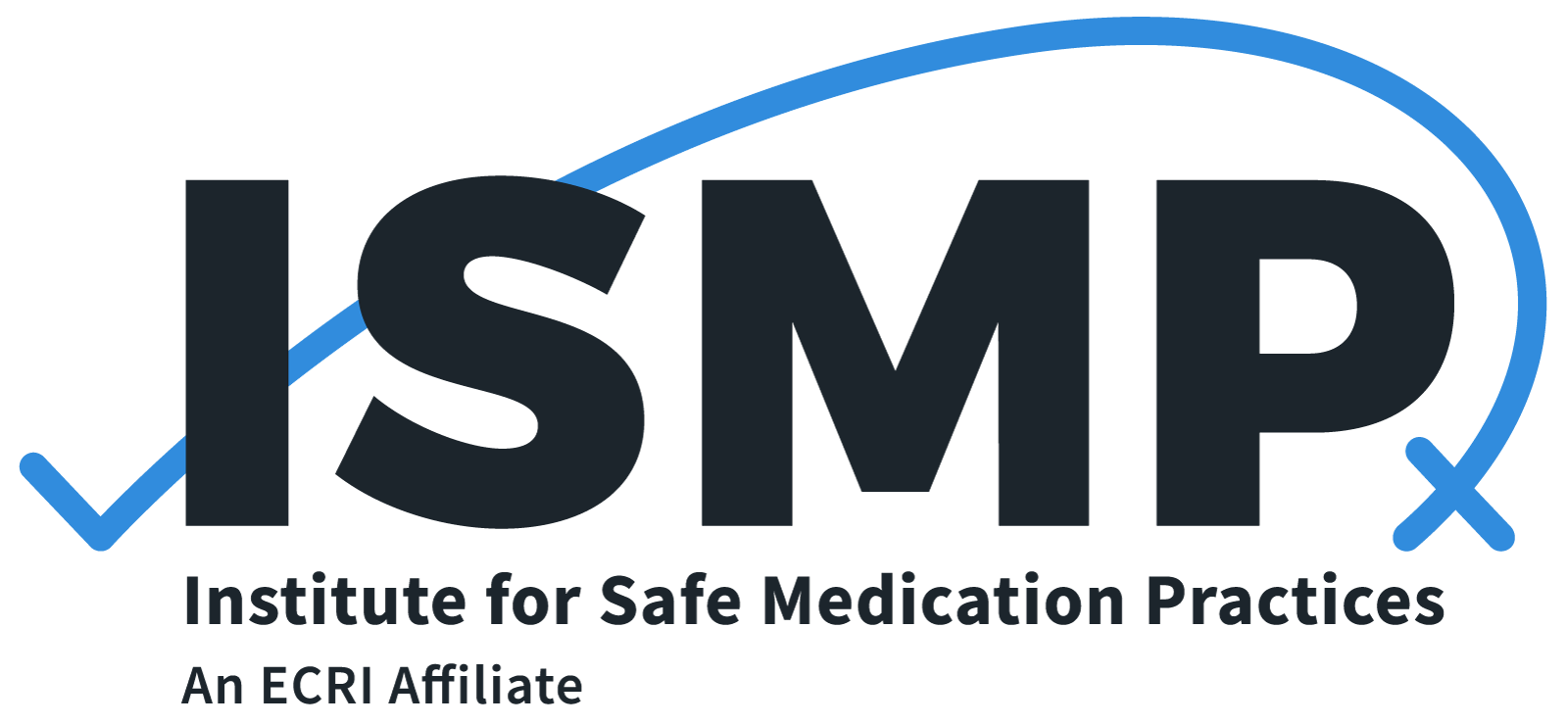Confusion with Error-Prone Abbreviation, tPA
ISMP has repeatedly cautioned about abbreviating drug names due to the risk of misinterpretation. One recurring problem has been with tPA, an abbreviation often used for alteplase (ACTIVASE), the first tissue plasminogen activator approved by the US Food and Drug Administration (FDA). This abbreviation has been confused with TNK, an abbreviation sometimes used for TNKASE (tenecteplase). Both FDA and ISMP have warned about mix-ups with these two abbreviations in the past. In our September 24, 2015 newsletter, an FDA Advise-ERR was published on this topic.
A recent report submitted to the ISMP National Medication Errors Reporting Program (ISMP MERP) identified yet another common abbreviation that was confused with tPA. A STAT order for altepase for a patient in an intensive care unit (ICU) had been sent to the pharmacy. A nurse called the pharmacy to ask if the patient’s tPA was ready. A newly employed pharmacist received the call and, being unfamiliar with the abbreviation tPA, misheard the request as TPN (total parenteral nutrition, which is properly referred to as parenteral nutrition or PN). Because he was getting PN solutions ready for delivery, he told the nurse that the solution would be there in a few minutes. The nurse assumed the pharmacist was talking about the tPA, not TPN.
Later, the ICU nurse called the pharmacy again for the medication. Another pharmacist who was verifying orders saw the STAT order and immediately dispensed a vial of alteplase. She then realized that she should have mixed the product per protocol for inpatient use. In the rush to get the mixed drug to the unit, the pharmacist reconstituted a second vial but forgot to remove the bolus dose first and prepare a proper patient dose for infusion using the remaining medication in the vial. Due to the confusion, the nurse prepared the bolus dose and the infusion from the first vial that had been dispensed. But the delay led to calling a rapid response team for the patient with a stroke, who required immediate attention.
This event demonstrates how a drug name abbreviation can lead to a cascade of events resulting in mistakes. Pharmacists added the risks associated with drug name abbreviations, including tPA, to a medication safety lecture for new clinicians and covered the topic in an internal newsletter. The hospital plans to enforce the ISMP and FDA recommendation to avoid using tPA and instead refer to the drug only by its generic or brand name. The hospital has also removed tPA from the automated dispensing cabinet (ADC) description. The abbreviation should also be avoided in protocols, standard order sets, order entry screens, and smart infusion pumps. Prescribers should include the drug’s indication (alteplase is indicated for ischemic stroke or pulmonary embolism, not tenecteplase or reteplase). FDA has also recommended the use of alerts during order processing and on ADC screens to remind clinicians to verify the correct indication. An FDA video on this topic is available here.
